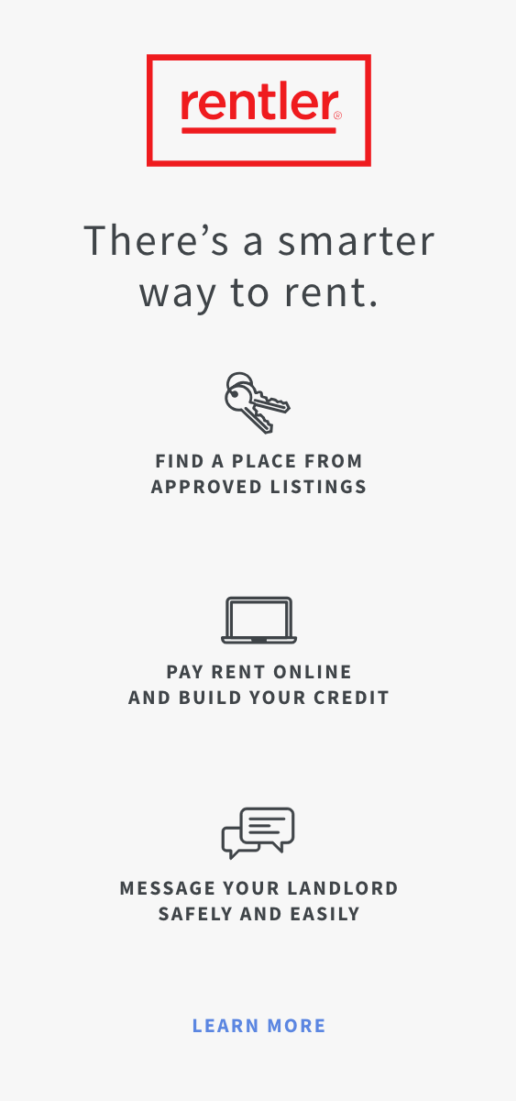Buying property seems more daunting than ever, especially with high-interest rates, low inventory, and an unpredictable economic forecast. With so many factors to consider, a fixer-upper starts to stand out over a turnkey property. Both have their pros and cons, particularly with preparing for renters.
Advantages of Buying a Fixer-Upper
Lower Purchase Price
This is probably the biggest incentive, and probably why you’re considering it to begin with. When looking at properties in similar locations and of comparable sizes, you’ll notice properties considered “fixer-uppers” are less expensive. On average, a property deemed move-in ready will sell for about 8% more than one requiring renovation.
Customizable
Renovation of a property allows you to make improvements based on your needs or your target tenant. If you’re looking for a family that will stay a while, prioritizing communal space, stain-resistant finishes, and storage capacity. Similarly, if you are listing in a college town, you’ll see significant gains from private bedrooms and bathrooms and spaces designed to be shared. It is easier to renovate and choose an overall style when you customize it for your ideal tenants.
Economical Upgrades
When you make the upgrades, you get to choose the materials. Instead of focusing on particular or expensive tastes, choose finishes based on the needs of your tenants. You can buy a turnkey space with beautiful flooring, but if it isn’t durable, you’ll find yourself replacing it between occupants soon.
A fixer-upper will likely require new flooring, so you’ll have the chance to replace it now with something durable and cost-effective. Appliances need to be functional and quality, but they don’t need to be top-of-the-line. You can choose the right items that will entice renters while meeting your budget.
Equity
Another major benefit of improving a property is the equity you’ll gain right away. While doing the work to improve and renovate a property, you can maximize your return on investment (ROI) by making design choices based on the community and how you will list the property.
Different spaces promise varying levels of return, but kitchen, bathroom, and bedroom remodels provide a return of 70% or more on average. When looking at the return you will receive on rent (as opposed to resale in the future), upgrades such as flooring, finishes, and storage areas will offer the greatest returns. You will be able to rent a renovated space for as much as or more than a turnkey property.
Disadvantages of Buying a Fixer-Upper
Unexpected Costs
The biggest drawback of a fixer-upper is the inability to predict exactly what you’re going to spend on renovations and improvements. Many experts advise preparing to spend 20% more on renovations than you expect based on estimates. You will also lose money on carrying costs during renovations when there are no renters. Plan for carrying costs in your renovation budget, and prepare for work delays that will extend the time you are paying the mortgage without the help of rental income.
Hidden Issues
Even the best inspection can miss big issues. Weakened subflooring, electrical issues, and compromised plumbing are all problems that you may not uncover until your renovations are underway. Even something that seems small, like dealing with flashing around a roof vent, can uncover a major issue.
It is important to resolve these issues properly because of the liabilities of being a landlord. Your tenants may not be observant enough to notice a minor issue before it becomes a major problem.
Hiring and Working with Professionals
Especially if this is your first property, knowing who to trust may be an enormous obstacle. From landscapers to painters, and flooring installers to contractors, it is difficult to discern who will provide quality work at a fair price.
On top of choosing the right contractors, you may find it difficult to get on the production schedule. Many regions are fighting a shortage of skilled labor. Look into the services you need, consider what you can do yourself, and balance all of that with what you can afford. Looking into this before you make an offer will help you decide which fixer-upper property is manageable for you.
Big Ticket Expenses
When purchasing a fixer-upper, you might know right away that the HVAC or electrical system needs to be updated. When you know this upfront, you can plan for it in your initial budget. However, most houses regarded as fixer-uppers are older. Even if the plumbing is OK today, it will need to be updated much sooner than a turnkey property’s plumbing.
It’s difficult to prepare for the cost of a major project, such as roofing work. And you have to consider the potential inability to rent a property during major renovations. Always prepare for repairs in your budget, even if you have a couple of years remaining on the existing infrastructure.
There are a lot of benefits to purchasing a fixer-upper property. If you have the time and resources, it is a great way to save money, customize your space, and maximize your return on investment.



